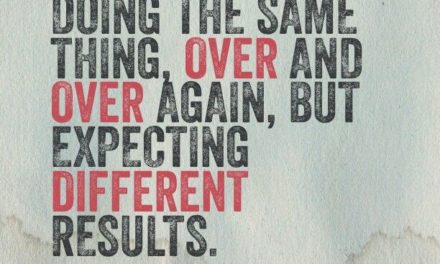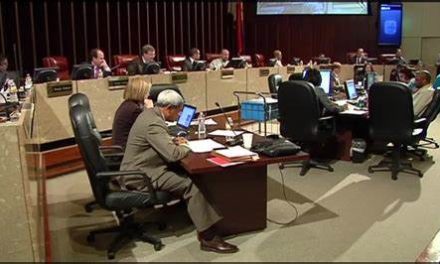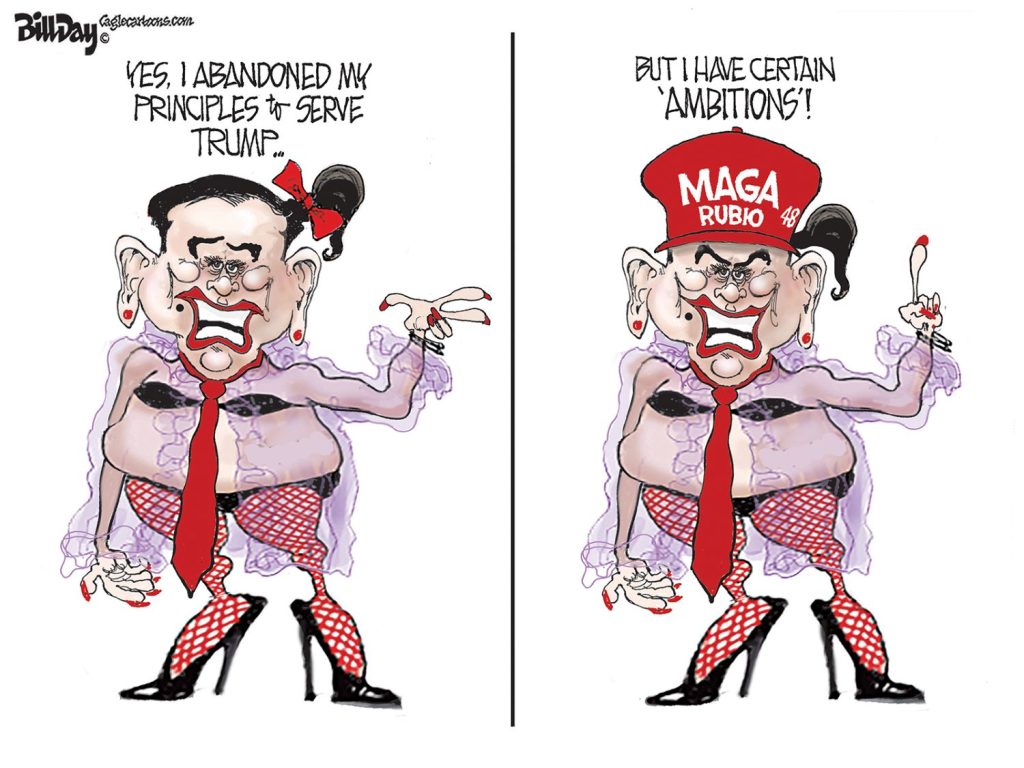As we’ve written before, City of Memphis government doesn’t so much have a management problem as it has a math problem.
That’s why this recent headline in The Commercial Appeal was one of the most important Memphis taxpayers have ever read: “Prices of homes here to set to surge – Study predicts Memphis rebound to be tops in the U.S.”
By 2018, according to the Demand Institute’s “Tale of 2000 Cities,” the Memphis metro’s home values will grow by 33%.
Here’s why it matters: if Memphis had the same home values as Nashville, the tax rate here would be about $1.75 rather than $3.40. Conversely, if Nashville – a consolidated city-county government – had the same home values as Memphis, its tax rate would be roughly the same approximate cumulative city-county tax rate as Memphis taxpayers: $7.78.
In other words, in the math equation that drives the Memphis property tax rate, house values are key.
Today, according to the City of Memphis budget, property taxes are the biggest source of funds.
In turn, residential property produces 84.62% of the city’s assessed value.
Assuming that home values within Memphis might lag behind the rest of the region, let’s suppose that the home values in Memphis only increase 20%. If they do, it will produce $49 million in new revenues for city government – the equivalent of about 47 cents on the property tax rate.
With these new revenues, the city tax rate could be reduced below $3, or the tax rate could be reduced by 25 cents and the city could increase much needed additional funding for libraries, parks, and community centers so they are at a level more comparable to its peer cities.





